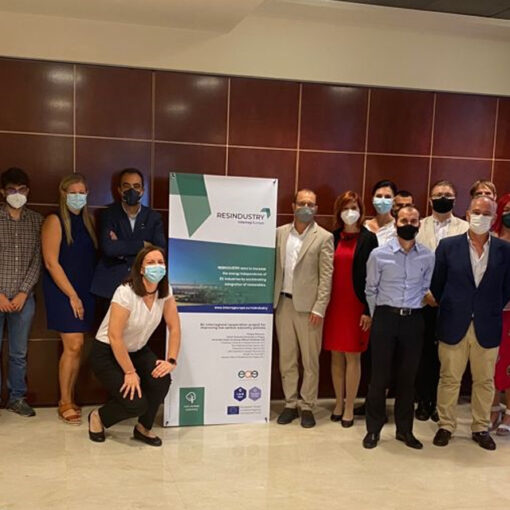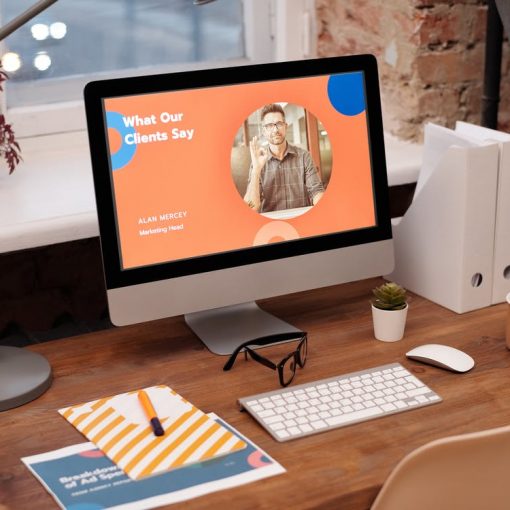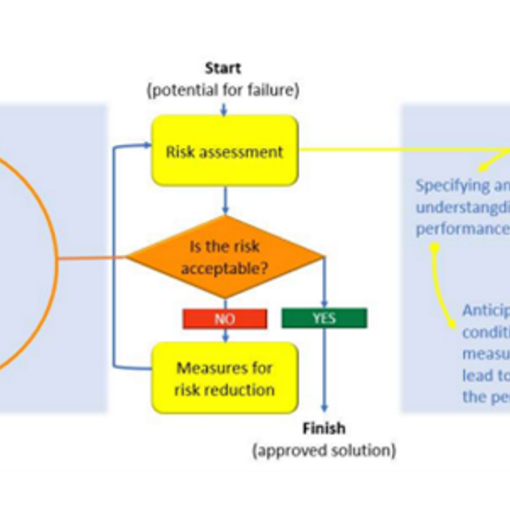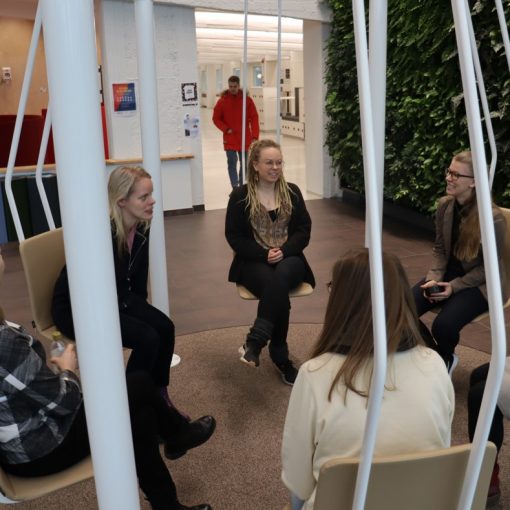LAB University of Applied Sciences encourages degree students to study abroad in some of the foreign partner universities. The length of the exchange period can vary, and during the exchange a complementary part of the curriculum is ideally covered. In some cases, a shorter exchange period or so-called intensive week is more suitable for the student, as one doesn’t need to spend a whole semester or academic year abroad, but one can still experience international exchange.
Short-term international exchange
One option for exchange is participation to Erasmus+ Blended Intensive Programme (BIP). Organising Blended intensive programme (BIP) requires participation of at least three institutions of higher education and at least ten participating students from three different countries. This higher education mobility action supports physical and blended mobility of university students. BIP also enables studying exchange in an innovative way. In BIP’s, there is always a virtual part included. The online studying period normally takes place before the intensive week. The duration of the course virtual part can be planned to take 5–30 days (Opetushallitus 2024). The virtual part is an integral part of the studying process as during that time the students typically prepare themselves for the intensive week studies abroad. BIPs offer short-term internationalization period, but a student can also gain minimum of three credits (ECTS) from the BIP exchange studies.
Developing skills for the future via BIP
One goal of BIP’s is to get students acquainted with different views as well as studying and teaching methods and practices within their own field of study. The exchange studies are ideally included in student’s own study programme. In addition, the international exchange can help developing a student’s meta-level skills such as communication skills, language skills, critical thinking skills, problem-solving skills, multicultural skills etc. Also, digital skills and virtual team working skills are tested during the virtual part of the BIP. On a personal level a student can gain more self-confidence and ability to adapt to new circumstances and situations.
Meeting the challenges of intercultural differences in teaching and learning
The authors attended an international workshop in HTW Saar Saarbrücken, Germany in 2024. Experiences and learnings for successfully organized BIP’s were discussed in a workshop with around 40 international colleagues from different higher education institutions (HEIs) across Europe and the USA.
Students from various HEIs with multicultural backgrounds form a target group with different understanding of, for example, basic cultural concepts like organization and time. These were seen as one of the challenges. Teamwork skills are usually trained in various phases of a BIP, and there can also be challenges with team formation and real teamwork, especially when working in virtual teams. Also, teaching methods or pedagogics used in different countries and cultures can differ which challenges the lecturers develop their own skills.
One of the international mobility objectives is to expose students to different views, knowledge, teaching, and research methods as well as work practices in their study field in the European and international context (European Commission 2024). In modern times of learning where plenty of information is available, the key can be to serve the learner from their own starting point. All these, among others, affect the organizing of the BIP that will support each student’s learning and positive experience of the exchange period.
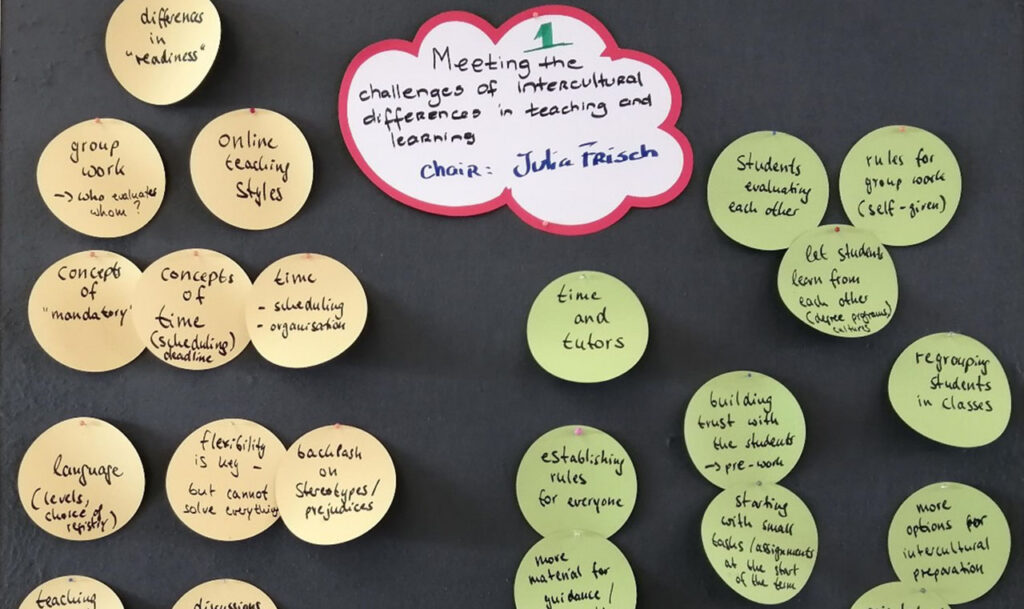
Successfully organizing a BIP requires well-conducted preliminary work. The first drafts should be planned well in advance, as early as 5–6 months prior to the start of the programme. The timing of the BIP’s virtual and physical components need to be planned to align with the academic calendars of the participating HEIs. Creating a draft call that includes essential information about the programme’s content, learning objectives, outcomes and timing. What is confirmed by all the participants in HTW Saar workshop – organizing and taking part in an international exchange will pay off in many ways on both professional as well as personal level.
Authors
Anu Kurvinen and Anu Nuutinen work as lecturers in LAB Business faculty. They participated in Erasmus+ teacher exchange in 2024.

References
European Commission. 2024. Mobility projects for higher education students and staff. Cited 11 Nov 2024. Available at Mobility projects for higher education students and staff – Erasmus+ .
Opetushallitus. 2024. Cited 17 Oct 2024. Yleistä tietoa intensiivikursseista. Cited 17 Oct 2024. Available at Yleistä tietoa monimuotoisista intensiivikursseista | Opetushallitus (oph.fi).

